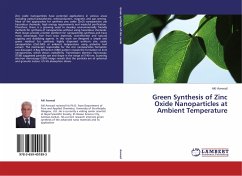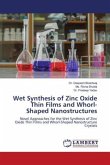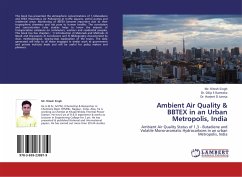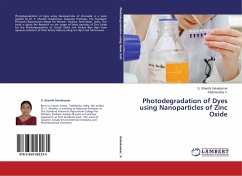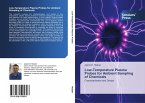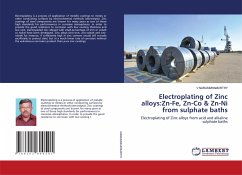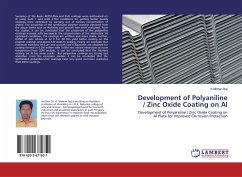Zinc oxide nanoparticles have potential applications in various areas including optical piezoelectric, semiconductors, magnetic and gas sensing. Most of the approaches for synthesis zinc oxide (ZnO) nanopartcles use hazardous chemicals, high energy requirements and wasteful purification. Therefore, there is a growing need to develop environmentally friendly methods for synthesis of nanoparticles without using hazardous chemicals. Plant leaves provide a better platform for nanoparticles synthesis and have many advantages free from toxic materials, cost-effective and natural capping and stabilizing agents. In this work we designed a simple and green method for synthesis highly dispersed uniform zinc oxide nanoparticles (ZnO-NPs) at ambient temperature using pistachio leaf extract. The mechanism responsible for the zinc nanoparticles formation was discussed. X-Ray diffraction (XRD) pattern reveals the formation of ZnO nanoparticles, which shows crystallinity. Transmission electron microscopy (TEM) suggested particles size and shape in the range of 5-40 nm. Scanning electron microscopy (SEM) image reveals that the particles are of spherical and granular nature. UV-Vis absorption shows
Bitte wählen Sie Ihr Anliegen aus.
Rechnungen
Retourenschein anfordern
Bestellstatus
Storno

